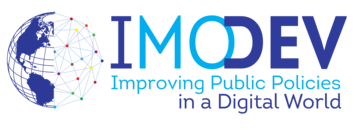Citizen Participation & Collaboration in Europe
Salle / Hall : FIE - Salle du Théâtre
Horaire / Schedule : 15h05 - 16h25
Président de séance : Helle Krunke (Head of PhD, Professor Ph.D. og Director, Centre for European and Comparative Legal Studies, Faculty of Law - University of Copenhagen - Denmark)
Langue / Language : English
Increased citizen participation in political decision-making is a current trend in Europe. It appears at the local level, state level and even at the EU level. It can for instance take the form of citizens’ initiatives, referenda and popular involvement in the making of new constitutions. The reasons for this development are many and they interact in a complex pattern. However, a reaction to the financial and political crisis in Europe, a reaction to EU integration and EU’s search for more democratic legitimacy are among the important factors. Increased citizen participation can be seen as one way of creating more open government. Many interesting questions can be raised. In which (new) forms does citizen participation appear? Does the increased citizen participation actually have an impact on political decision-making? Is increased popular involvement one way of solving the political crisis which the EU is facing at the moment? And how can it be designed? Can direct democracy contribute to defining a country’s ‘constitutional identity’? Does the direct democracy trend also have a ‘dark’ side in relation to for instance protection of human rights and increased nationalism? Many intriguing questions appear and the workshop will be open towards all aspects of citizen participation and collaboration.
Speech 1. Citizen Participation & Collaboration
Helle Krunke – Head of PhD, Professor Ph.D. og Director, Centre for European and Comparative Legal Studies, Faculty of Law - University of Copenhagen (Danemark)
Increased citizen participation in political decision-making is a current trend in Europe. It appears at the local level, state level and even at the EU level. It can for instance take the form of citizens’ initiatives, referenda and popular involvement in the making of new constitutions. The reasons for this development are many and they interact in a complex pattern. However, a reaction to the financial and political crisis in Europe, a reaction to EU integration and EU’s search for more democratic legitimacy are among the important factors. Increased citizen participation can be seen as one way of creating more open government. Many interesting questions can be raised. In which (new) forms does citizen participation appear? Does the increased citizen participation actually have an impact on political decision-making? Is increased popular involvement one way of solving the political crisis which the EU is facing at the moment? And how can it be designed? Can direct democracy contribute to defining a country’s ‘constitutional identity’? Does the direct democracy trend also have a ‘dark’ side in relation to for instance protection of human rights and increased nationalism? Many intriguing questions appear and the workshop will be open towards all aspects of citizen participation and collaboration
Speech 2. Making Data Together: Participatory Design Processes for Public Data Infrastructures
Jonathan Gray - Prize Follow, Institute for Policy Research (Royaume-Uni)
What is the relationship between open government and open data? Open data is often conceptualised as an informational resource to be utilised in relation to advancing progress around different kinds of societal goals, including open government, transparency and accountability, public sector efficiency, technological innovation and economic growth (Gray, 2014). This has led some researchers to argue for a sharper distinction between the politics of open government and the technologies of open data (Yu & Robinson, 2012). However, such a distinction is challenged when data infrastructures are viewed not just as informational resources but as socio-technical systems through which issues are institutionalised. This paper looks at how engagement around public data infrastructures presents opportunities and challenges for open government and democratic participation around public policy-making processes. In particular it focuses on how experimentation with participatory design processes can open up new forms of space for deliberation around how policy issues are measured, monitored, evaluated, enacted and responded to. This is illustrated with reference to research and participatory design experiments around a public data infrastructure for the tax contributions of multinational corporations - including in relation to transnational policy processes associated with the OECD BEPS project as well as regulatory frameworks around extractives industries transparency and financial reforms in the wake of the 2007-2010 crisis.
Speech 3. Implementing OGP in Romania as a public-private partnership
Mihai Lisetchi – Professor, West University of Timisoara, Romania
Romania joined OGP initiative in 2011. Since then, its implementation went on a positive trend involving both public agencies, namely central government and ministers, and nonprofit nongovernmental organizations (NGOs). While the public-private partnership seems to develop smoothly for years, the intention to create the national steering committee involving both ministers and NGOs has tumbled upon the request for a clear regulation concerning the role and responsibilities of the NGOs in the steering committee. Considering the previous positive experience in the collaboration between the two parties, it would be interesting to explore the factors conditioning the present conflictual situation.
Speech 4. Enhancing Citizens' Participation in the Processes of Governance: Digital India and MyGOV
Charru Malhotra - Associate Professor, Indian Institute of Public Administration (IIPA) (India)
Digital India Program (DIP) is an ambitious umbrella programme of Government of India. It weaves together a large number of technologies with governance processes and services to empower Indian citizens around its three vision areas viz. ‘Digital Infrastructure as a Utility to Every Citizen’, ‘Governance and Services on Demand’, and ‘Digital Empowerment of Citizens’. These key areas of visions rest on nine pillars of Digital India ranging from provision of ‘Broadband for all’ to its forty four mission mode projects related to governance services under ‘e-Kranti’ pillar to ‘IT for Jobs’ and ‘Digital Literacy for All’ and so on (http://deity.gov.in/sites/upload_files/dit/files/Digital%20India.pdf) . DIP is not merely a great opportunity to develop the digital backbone of the country but also promises to deliver a real improvement in the quality of life of Indians by offering an on-demand easier access to governance and services using Internet, Mobile, Cloud based Digi-lockers, Common Service Centres-CSCs, Post offices, public Wi-Fi hotspots and much more. In fact majority of the activities and services delineated under government-to-government (G2G), government-to-businesses (G2B) and government-to-citizens (G2C) categories have been proposed to be delivered using technology through the aegis of DIP by means of innovative implementation models such as 4P model (Panchayat-Public-Private-Partnership). The proposed actions and services are further expected to be refined by all the stakeholders in an open and interactive manner using digital mechanisms such as portal of MYGOV (https://mygov.in/). Further, DIP is also expected to bring all the digital activity to India by ushering in other related concepts such as Smart Cities and therefore lead to a ripple effect business opportunities in all the related sectors such as Software, Support, Hardware, Government Services and Information Technology Enabled Services (ITES). The ultimate mission of DIP is to transform India into a digitally empowered society and a knowledge economy by leveraging information technology (IT) as a growth engine of new India.



